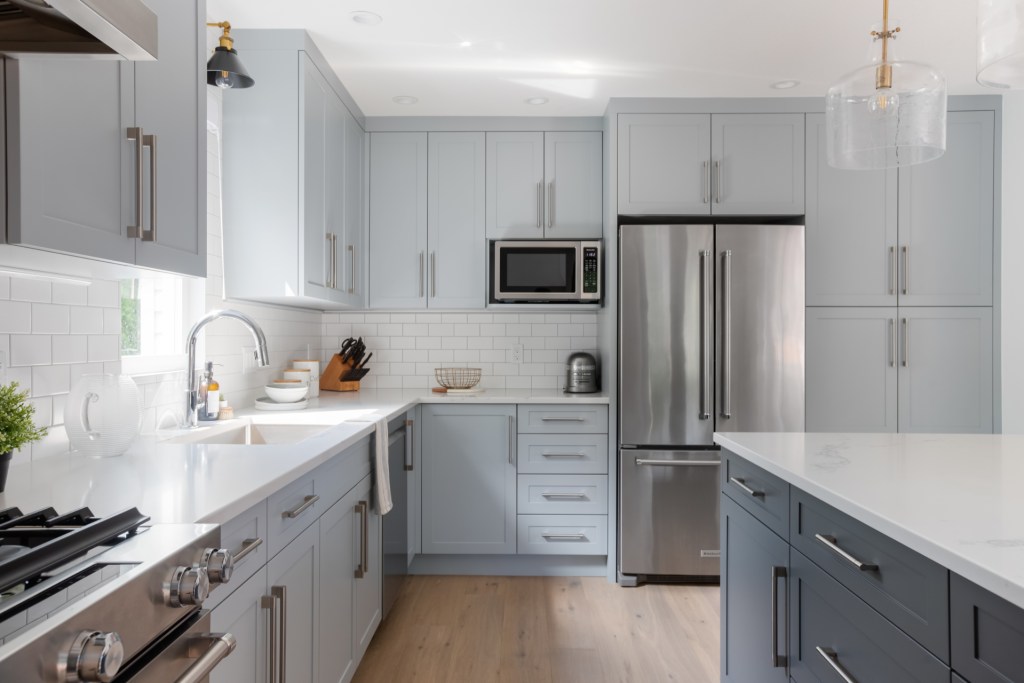Designing with Intention: The Beauty of Odd Numbers
In the language of design, numbers matter—not in a rigid way, but in a rhythmical one. The 3-5-7 Rule is a time-tested principle used by interior designers and stylists to create visual balance, movement, and natural cohesion. At Cameron Zainali Interior Design Group, we often lean into this rule when styling shelves, tabletops, or gallery walls—not because it’s formulaic, but because it intuitively works.
So what is the 3-5-7 Rule, and how can it be applied with subtlety and elegance in your home?
What Is the 3-5-7 Rule in Interior Design?
The 3-5-7 Rule suggests that groupings of objects—especially when styled in odd numbers—tend to look more visually appealing and balanced than even-numbered arrangements. Our eyes naturally respond to asymmetry, and odd numbers create a dynamic flow that feels intentional without being overly structured.
Three items feel clean and minimal. Five offers balance and depth. Seven invites complexity while maintaining cohesion. This rule isn’t about counting—it’s about curating. The goal is not to fill a space, but to compose it.
Styling in Threes: Minimalist and Impactful
A trio is the simplest and most versatile grouping. It can be used across nearly every surface—whether you’re styling a nightstand, a console table, or an open shelf.
How to apply it:
Vary the height, shape, or material of each object
Use a mix of textures: a ceramic vase, a leather-bound book, a small sculptural piece
Anchor the arrangement with one focal item, then layer in supporting elements
Best suited for: Clean-lined interiors, transitional spaces, or any room where visual simplicity is key.
Groups of Five: Balanced and Layered
A grouping of five creates visual fullness without feeling overcrowded. It’s ideal for wider surfaces such as mantels, coffee tables, or large shelving units.
How to apply it:
Use a central anchor and build outward with symmetry in mind—but don’t make it too perfect
Mix vertical and horizontal lines: think candlesticks, framed art, stacked books
Repeat one element (such as a shape or material) to create continuity
Best suited for: Living rooms, formal dining areas, and spaces where you want a richer, yet controlled styling moment.
Groups of Seven: Curated Complexity
Seven is where things get interesting. This is the number that works best in layered displays—on bookshelves, credenzas, or even expansive gallery walls. It's complex, but when done well, it feels effortless.
How to apply it:
Create small sub-groupings within the larger cluster
Ensure a balance of negative space to avoid clutter
Echo shapes, colors, or textures across the grouping for unity
Best suited for: Artful, collected spaces—offices, media rooms, or anywhere personality takes center stage.
Why the 3-5-7 Rule Works
The principle works because it mirrors how we experience visual harmony in nature. Odd numbers feel organic and spontaneous—yet with thoughtful execution, they also feel deeply intentional.
At Cameron Zainali Interior Design Group, we apply the 3-5-7 Rule as a styling framework, not a constraint. It helps guide scale, balance, and the interplay between elements, while leaving room for interpretation and individuality.
Final Thoughts: Design Is a Dialogue
The 3-5-7 Rule is not about rigid formulas—it’s about creating a dialogue between form and feeling. It allows your home to feel composed, yet personal. Balanced, yet dynamic. When applied thoughtfully, it brings a sense of rhythm to the everyday surfaces we often overlook.
At Cameron Zainali Interior Design Group, our design philosophy centers on subtlety, restraint, and curation. Whether you’re refining a single shelf or reimagining an entire room, we help you shape a space that tells your story—beautifully and with purpose.
Let’s Style Your Home with Intention
Schedule a consultation with Cameron Zainali Interior Design Group






